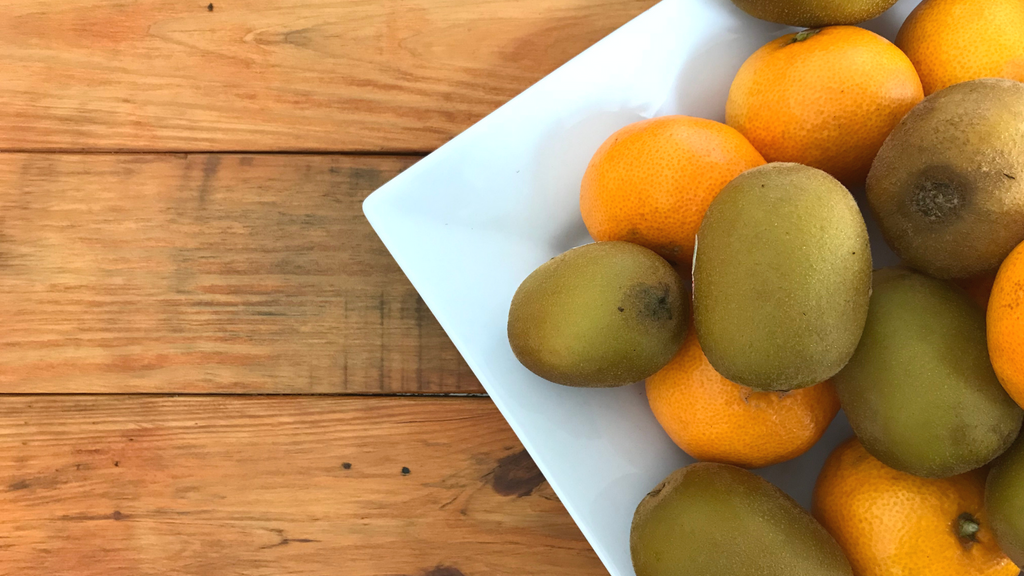Thanks for your question, it’s great to hear you are keeping active in the outdoors by doing exercise around something you enjoy!
From my experience working in the community with Wound Care Nurse Specialists, quite often older people are unaware they need to increase their daily protein and energy intake to support their wound healing.
Protein is Essential
Protein is essential for wound healing with its major role in replacing damaged tissues. It does this by promoting the synthesis of collagen and fibroblasts, along with supporting the formation of new blood vessels and immune function.
Increasing your intake of easily absorbed protein (at main meals and in-between meal snacks), such as eggs and milk products can help significantly. Meat, fish, chicken, beans, peas and lentils, will also help to provide the additional protein you need for wound healing.

Enough Energy?
However, at the same time as increasing your protein intake you also need to check you are getting enough energy from carbohydrate foods and healthy fats and oils.
Because if you don’t eat enough energy providing foods, your body will resort to using your protein stores for energy, this means you won’t have the extra protein required for wound healing and you are at risk of having muscle wasting.
Regularly eating commercially available foods fortified with protein and energy can also support wound healing.
5+ a day
With regards to other foods to support wound healing, following the “5 plus a day” recommendations for three servings of vegetables and two servings of fruit each day will meet your vitamin and mineral requirements.
Vitamin C
In particular, in the winter months, kiwi fruit and other citrus fruits will help you meet your vitamin C needs to support wound healing. Aim for a kiwi fruit and piece of citrus fruit each day.

Zinc is Key
Zinc is the mineral that supports a number of stages in the wound healing journey including, maintaining skin integrity, supporting the division of cells when new tissue is being created and preventing infection during the wound healing process.
Zinc, is richly available in mussels and also red meats such as beef, lamb, lambs fry. It is also found in chicken, wholegrain cereals, beans, lentils and seeds, and dairy foods.
And Remember…
Finally just a reminder, don’t forget to talk to your doctor or practice nurse about any wounds, particularly leg wounds, which are taking a long time to heal. By doing this you may prevent the risk of leg ulcers developing.
As we get older it’s better to treat these wounds early before they become long term problems and prevent us from living active independent lives.